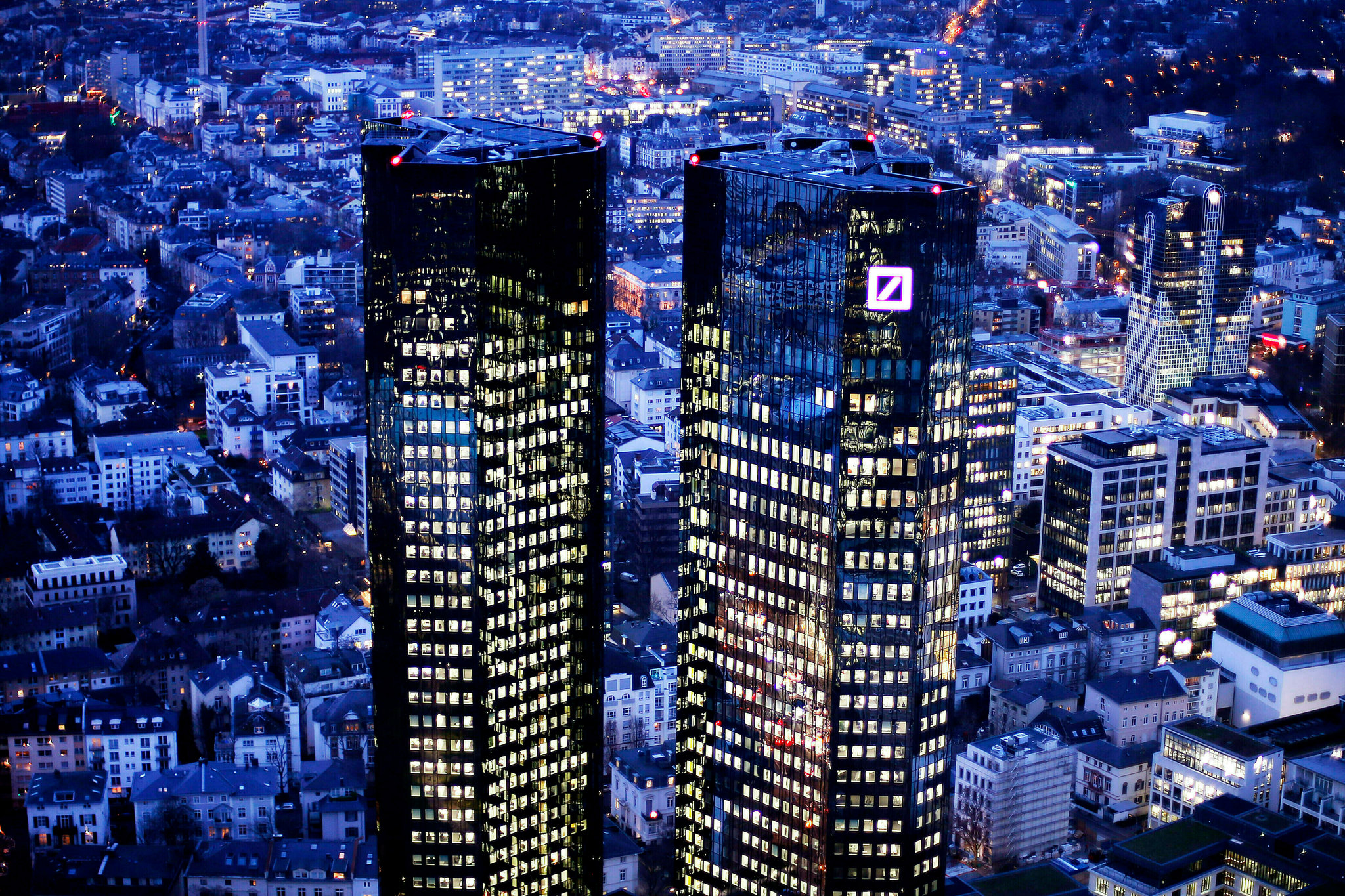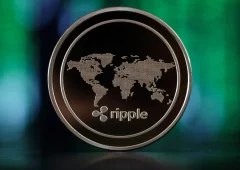Deutsche Bank Introduces Blockchain Solution to Tackle Compliance Issues
18.12.2024 21:00 1 min. read Alexander Stefanov
Deutsche Bank is addressing compliance challenges in blockchain adoption with the launch of Project Dama 2, an innovative Layer-2 (L2) solution aimed at improving the regulatory framework for public blockchains like Ethereum.
This initiative is part of the broader Project Guardian, a collaboration with the Monetary Authority of Singapore (MAS) and other major financial institutions to explore tokenized assets through blockchain technology. Deutsche Bank’s contribution focuses on enhancing Ethereum’s efficiency, reducing transaction costs, and addressing regulatory concerns.
Project Dama 2 uses a dual-chain approach to separate compliance issues from public blockchain benefits, making blockchain more accessible to financial institutions. It incorporates ZKsync technology for faster and more secure transactions and introduces “super admin rights” for regulators to monitor fund movements, enhancing transparency and trust.
This solution aims to bridge the gap between decentralized technologies and regulated financial services.
Deutsche Bank’s initiative shows how public blockchains can be integrated into traditional finance while meeting compliance standards. By focusing on Ethereum, the bank is leveraging a widely used public blockchain to create an efficient, transparent system.
The project, developed with Memento Blockchain Pte. and Interop Labs, is set to introduce a minimum viable product (MVP) next year, potentially setting new standards for blockchain adoption in the financial sector.
-
1
JPMorgan Lays Groundwork for Tokenized Finance with New Blockchain Trademark
17.06.2025 12:00 1 min. read -
2
Malaysia Opens the Door to Blockchain Experimentation With Launch of Innovation Hub
18.06.2025 22:00 2 min. read -
3
The Bitcoin-Cardano Bridge is Here: What it Means for DeFi
10.06.2025 21:00 1 min. read -
4
Chainlink Edges Closer to Wall Street Integration, Says Co-Founder
12.06.2025 9:00 1 min. read -
5
Polygon Breaks from Decentralization as Sandeep Nailwal Assumes Full Control
11.06.2025 20:00 2 min. read
Developers Flock to Solana Projects as Ecosystem Activity Rises
Developer engagement across the Solana ecosystem has remained high over the past month, with core protocol development and infrastructure projects dominating GitHub activity, according to new data from crypto analytics firm Santiment.
Cardano Leads Developer Activity, Ethereum Maintains Ecosystem Dominance
Development trends across major blockchain networks show Cardano pulling ahead in core contributions, while Ethereum continues to dominate the broader ecosystem despite a drop in participation.
Kraken’s Ink Chain Ramps Up Usage as Token Launch Approaches
Ink, the Layer-2 network incubated by Kraken and built on Optimism’s Superchain framework, is suddenly buzzing with on-chain activity.
Solana Partners with Kazakhstan to Launch Digital Economy Zone
Solana is making its next major move—this time, not through memecoins, but national partnerships.
-
1
JPMorgan Lays Groundwork for Tokenized Finance with New Blockchain Trademark
17.06.2025 12:00 1 min. read -
2
Malaysia Opens the Door to Blockchain Experimentation With Launch of Innovation Hub
18.06.2025 22:00 2 min. read -
3
The Bitcoin-Cardano Bridge is Here: What it Means for DeFi
10.06.2025 21:00 1 min. read -
4
Chainlink Edges Closer to Wall Street Integration, Says Co-Founder
12.06.2025 9:00 1 min. read -
5
Polygon Breaks from Decentralization as Sandeep Nailwal Assumes Full Control
11.06.2025 20:00 2 min. read


